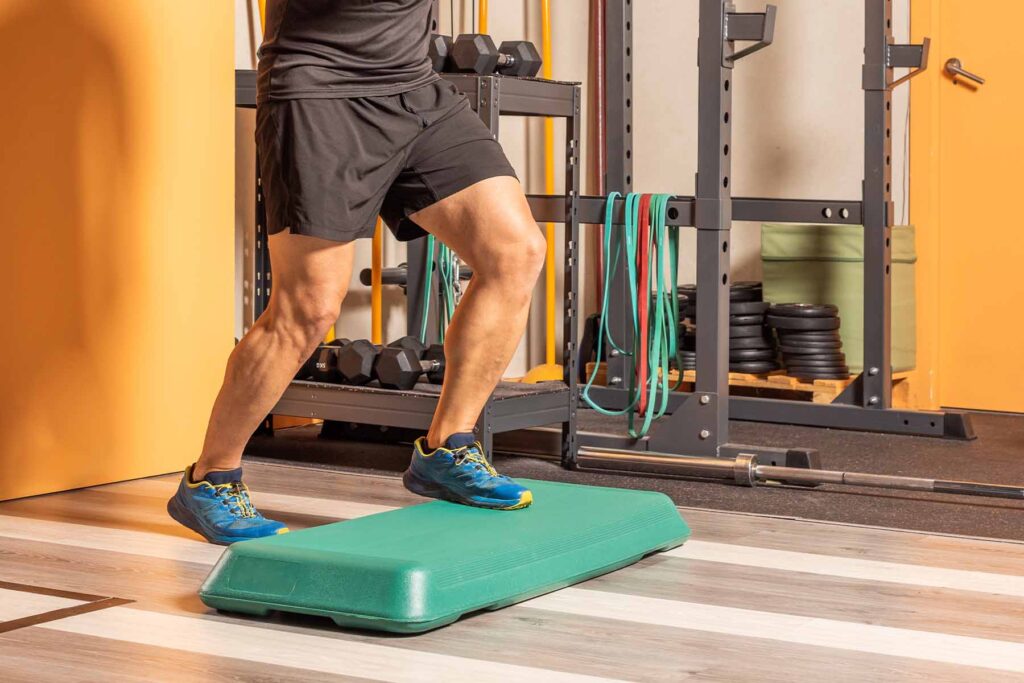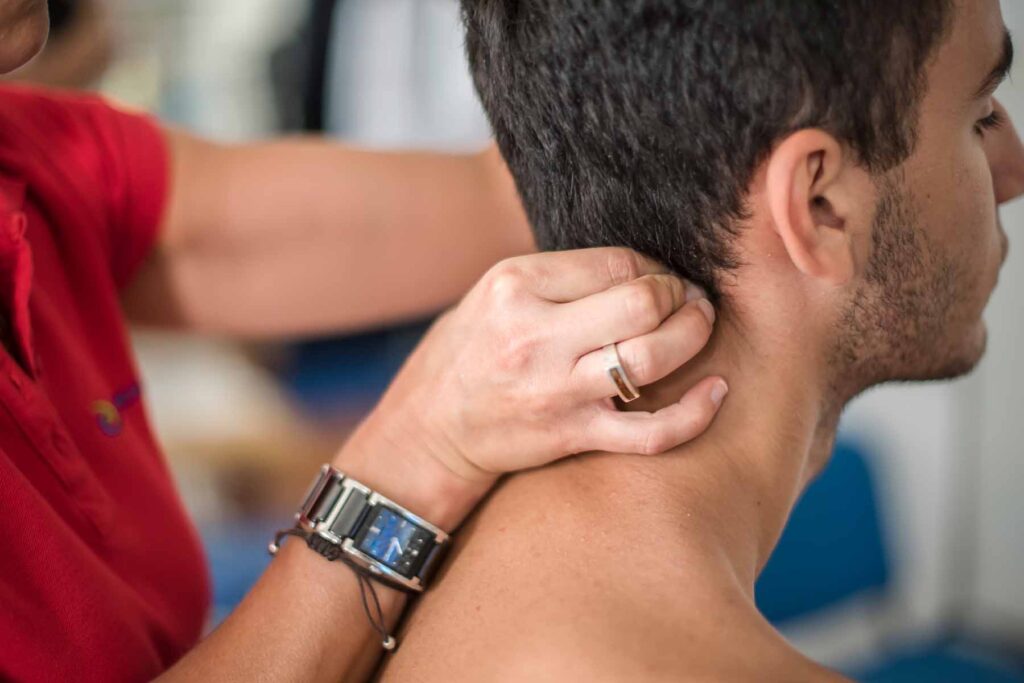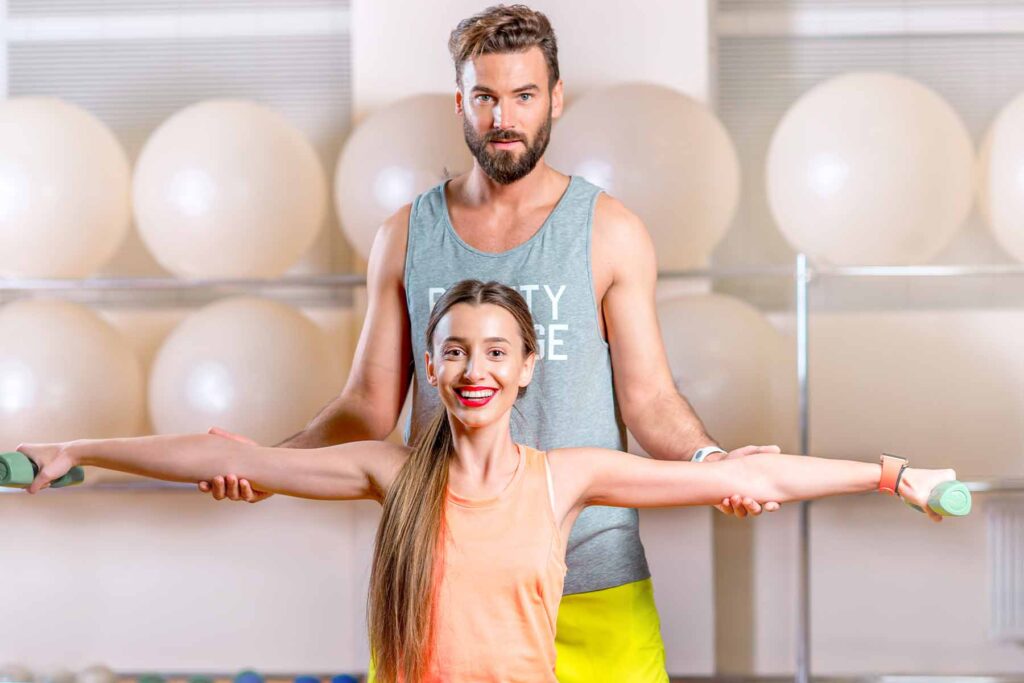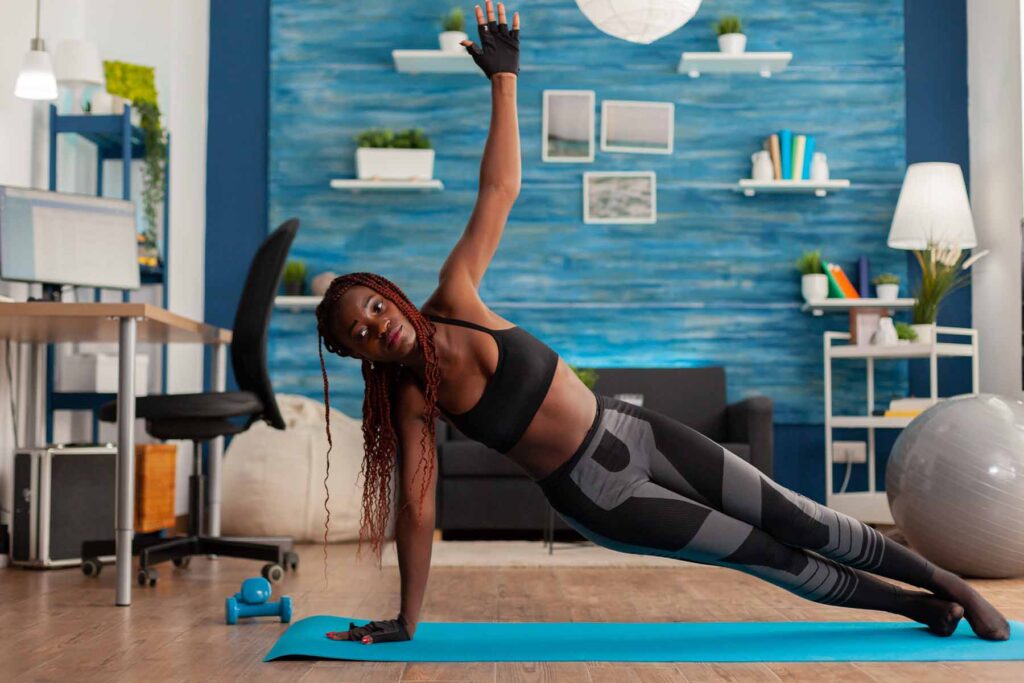Concussion Rehabilitation for Your Recovery
Personalized Support to Help You Recover, Feel Better, and Get Back to Life
Whether your head injury is recent or you’ve been managing symptoms for a while, we’re here to help you move forward with care that’s built to help you feel like yourself again.
How Concussion Rehabilitation Helps
When a concussion affects how you feel, think, or move, the right support can make all the difference. You don’t have to figure out recovery on your own. At our clinic, we offer concussion rehabilitation focused on helping you heal safely, at your own pace, with one-on-one support from an experienced physiotherapy team.
Every concussion is different. Some people bounce back quickly. Others experience symptoms that last longer than expected. Our goal is to support your recovery in a way that feels manageable and empowering. Rehabilitation of mild traumatic brain injury focuses on addressing both physical and cognitive symptoms to speed recovery and reduce the risk of prolonged symptoms.
Concussion Rehabilitation Can Help You
Concussion rehabilitation can be helpful for a range of symptoms and related conditions, including:
- Understand and manage your symptoms
- Return to school, work, or sport safely
- Improve balance, focus, and energy
- Reduce feelings of fogginess, fatigue, or irritability
- Get back to your daily routines with more ease
You don’t have to push through discomfort or guess what’s normal. We’re here to guide your recovery using up-to-date research, proven techniques, and a compassionate approach to concussion management.

Common Symptoms We Treat
After a concussion, you might feel off in ways that are hard to describe. You might look fine on the outside, but still have symptoms that affect your day-to-day life.
Our team regularly works with people experiencing:
Fatigue or low mental energy
Feeling foggy, slow, or not like yourself
Headaches or pressure in the head
Dizziness, balance problems, or motion sensitivity
Neck pain or stiffness
Trouble focusing or remembering things
Sensitivity to light or sound
These symptoms might show up right after a head injury or take a few days to appear. If they last longer than expected, it’s often called post-concussion syndrome. With the right support, things can improve.
What to Expect at Your First Visit
Your first appointment is about getting a clear picture of what you’re experiencing and how we can help. It’s relaxed, supportive, and focused on making you feel comfortable and heard.

Start the Conversation
We’ll talk through your symptoms, how the injury happened, and how it’s affecting your day-to-day life. This helps us understand what’s most important to you and how we can shape your recovery around your goals.

Movement and Symptom Screening
Your physiotherapist will assess your balance, coordination, and how your symptoms respond to movement. This may include simple vestibular and vision tests to help us understand what’s contributing to how you feel.

Neck and Body Assessment
We’ll check the mobility of your neck and upper spine, and look for any areas of tension or stiffness. These physical changes are common after a concussion and may be tied to your symptoms.

Activity Response Check
We’ll guide you through light physical or cognitive activity to see how your brain and body respond. This gives us a baseline and helps identify where it’s safe to begin without triggering symptoms.

Build Your Plan
Once we’ve gathered all the information, we’ll create a rehab plan that’s tailored to you. We’ll walk you through each step, with a focus on gradual progress and support as you return to your routine.
What Your Rehab Plan Might Include
Every treatment plan is different, but we often use a mix of the following approaches:
Vestibular Rehabilitation
Our massage therapists are trained in advanced assessment and hands-on techniques for soft tissue health, mobility, and recovery.
Manual Therapy and Neck Care
Head injuries often go hand-in-hand with neck tension or whiplash. Hands-on therapy and targeted movement can help ease pain and improve mobility.
Graded Aerobic Exercise
Gentle physical activity, like walking or using a stationary bike, is introduced slowly to support brain recovery without worsening symptoms.
Cognitive Pacing and Education
We’ll help you understand how to manage your symptoms and activity levels, so you can build stamina safely and avoid setbacks.
Return-to-Life Planning
Whether it’s school, work, exercise, or screen time, we’ll support your gradual return to the things that matter most.
If we feel that another healthcare provider could help support your recovery, such as a vision therapist or a mental health professional, we’ll talk through those options with you.

Conditions We Commonly Treat with Concussion Rehab
Concussion rehabilitation can be helpful for a range of symptoms and related conditions, including:
- Post-Concussion Syndrome
Persistent symptoms lasting weeks or months after a concussion. - Vestibular Dysfunction
Issues with balance, dizziness, and motion sensitivity. - Visual Disturbances
Trouble with focus, light sensitivity, or eye coordination. - Neck Injuries and Whiplash
Concussions often involve the neck and upper spine. - Cognitive Impairments
Difficulties with memory, focus, or processing speed.
Why Choose Us for Concussion Rehabilitation?
We understand how life-disrupting concussion symptoms can be, and we take your recovery seriously. Here’s what you can expect from our clinic:
One-on-One Care
You’ll work with the same physiotherapist throughout your rehab, not a rotating team. This builds trust and ensures your progress is closely monitored.
Experience You Can Trust
Our team has treated both new and long-term concussion cases. We have experience with sport-related injuries, car accidents, and more.
Realistic, Personalized Plans
Your plan is designed around your life, symptoms, and recovery timeline. We focus on what matters most to you for a meaningful recovery.
Collaborative Support
When needed, we connect with your doctor or other healthcare providers. This helps make sure all aspects of your recovery are covered.
Pacing That Works for You
We believe in steady progress, not pushing too hard too soon. This approach helps reduce the risk of persistent symptoms.
Care That Goes Beyond Concussions
We offer a range of services beyond concussion rehab to support your overall health care. Our team includes specialists who can help with other injuries or ongoing wellness needs.
Frequently Asked Questions
Let’s Start Your Recovery
If you’re ready to feel more like yourself again, we’re here to help. Concussion rehabilitation isn’t just about managing symptoms; it’s about helping you get back to the life you want, one step at a time.
Reach out today to book your assessment or ask us a question. We’ll meet you where you’re at and build a plan that works for you
